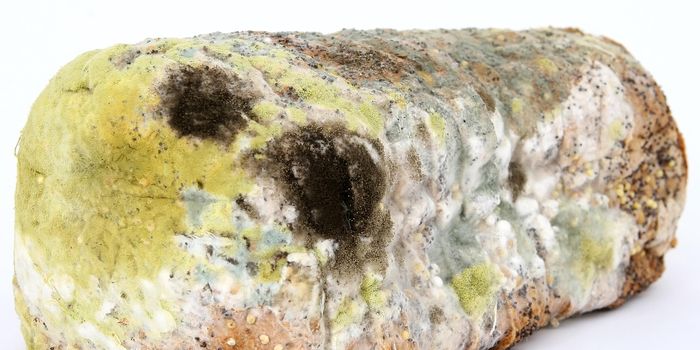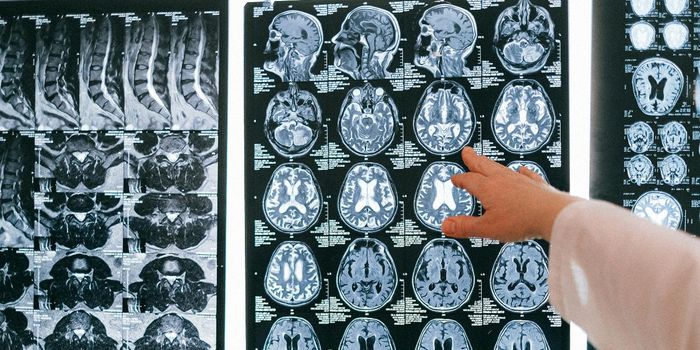Daily Hot Bath May Reduce Risk for Heart Disease and Stroke
The Japanese are known for their fondness of long hot baths- be it in their famous onsens, public baths or even just the tub at home. Now, new research from the country has found that those who regularly take hot baths are significantly less likely to develop heart disease and have a stroke.
For the study, the researchers tracked the bathing habits and rates of cardiovascular disease and events of over 30,076 Japanese adults for 19 years between 1990 and 2009. Altogether over the study period, there were 2097 cases of heart disease, alongside 275 heart attacks, 53 sudden cardiac deaths and 1769 strokes.
After adjusting the results for other lifestyle variables, the researchers found that those who took a bath every day were at a 28% lower risk of developing heart disease, as well as a 26% lower risk of having a stroke when compared to those who took a bath just twice weekly or less. A further analysis of preferred water temperature showed that those who preferred warm water had a 26% lower risk of overall cardiovascular complications, while for those who prefered hot water, their risk reduced by 35%.
Although the study is based upon correlational findings, the researchers believe that the findings come thanks to the hot water lowering blood pressure while maintaining heart rate and regulating how effectively the heart is able to pump blood around the body. Interestingly, the researchers found the same results for people who undertake aerobic activity.
Dr. S. Russell Vester, the chief of the division of cardiovascular surgery at The Jewish Hospital in Cincinnati, Ohio said, “Let’s say you do, as you should, 30 minutes of low-level activity (such as walking) 5 days a week. If bathing 5 days a week brings your heart rate up and your blood pressure down, that’s a similar result.”
However, having not heard of cardiologists prescribing patients hot baths as a preventative measure against heart disease, he urges that people with preexisting cardiovascular issues consult their doctor before taking one. This comes as certain conditions may become aggravated by submersion in hot water.
Sources: Healthline and BMJ









